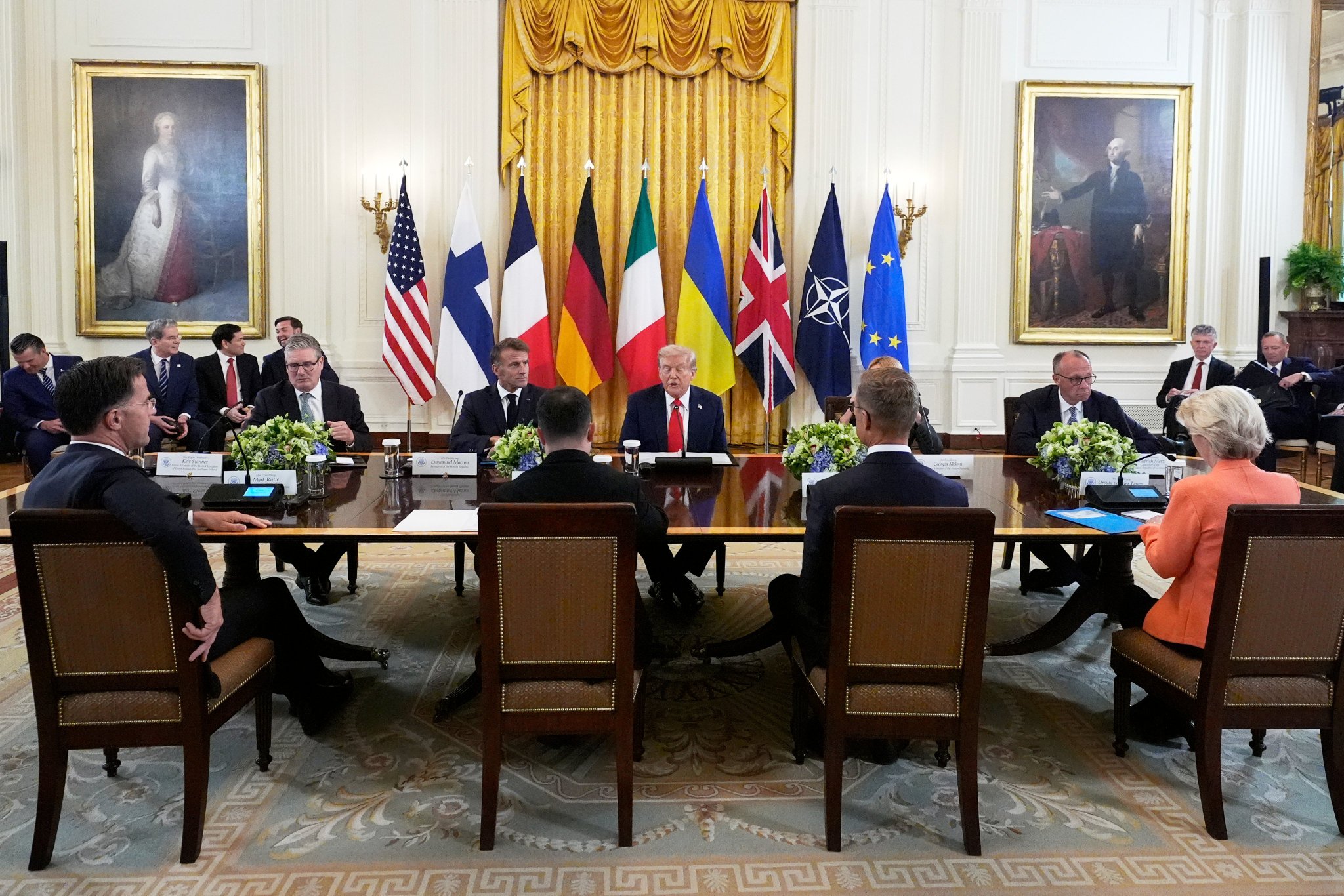
Dr. Jakub KOREJBA(*)
Monday, 18 August 2025 may already be marked as a historical date and qualified as a beginning of the end of the war in Ukraine. In the most synthetical way, what happened in Washington DC during the White House meeting is that three (out of four) interested parties agreed that a territorial cession is an acceptable price for peace. This means that territorially, the conflict between Ukraine and Russia will end more or less at the actual frontline. At the same time, in all other senses –strategically, economically, and ideologically– the end of war is a beginning of a new order and not only in Ukraine, but in whole Europe and globally.
Historically, the examples of Western Germany, Japan, and Azerbaijan show that territorial integrity is not actually a to-be-or-not-to-be of a successful statehood. Modernization, security, and strength may be achieved despite territorial losses and sometimes, the latter serves as a national motivation to reach those goals. On the other hand, an occupation of someone else’s territory may very often become a burden that undermines international and domestic position of an occupier. This is not to say that losing territory, especially after being invaded and fighting a bloody war is something positive, but there are things worse than that and trading 20% of territory for 100% sovereignty in the remaining 80% is actually a chance for a new beginning. As Alexander Stubb mentioned in his comment right after the meeting in the White House referring to the history of his country, Finland: being Russia’s neighbor requires hard decisions, but a right territorial decision at the right time may in fact buy a country a future that the continuation of war will not.
All present leaders participated in the White House meeting with their own agenda and the way it underwent and finished gives space to summarize –if not their actual achievements (those will be clear after the ceasefire conditions are defined during the upcoming meeting with Russia’s President Vladimir Putin), at least of their intentions.
Ukraine’s consent to a territorial cession in exchange for peace marks an existential turning-point: the country is no longer able to fight for its territorial integrity and therefore must bitterly accept a new territorial reality and prepare for a post-war existence, one full of strategic, political, economic, and social challenges. However, one thing must be underlined: there will be a post-war Ukraine and this single fact may be qualified as Kiev’s great success because the ultimate annihilation of its sovereignty was (and remains) Moscow’s main purpose. By accepting a ceasefire on the actual line, Russia accepts (although conditionally and most probably temporarily) the fact of Ukraine’s existence, which –from its own view– is a mayor strategic, ideological, and geopolitical failure. By fighting this war, Kiev broke Moscow’s zero-sum-game logic of Russian-Ukrainian relations, proving that a parallel existence of those countries in a sovereign quality is not only a possibility but a fact of international reality. Russian President Putin’s readiness to sign a ceasefire with Ukraine is not less than Russia’s acceptance of its existence –something that this war was designed and fought to avoid. To reach its goals, Russia had to win this war while Ukraine ‘only’ had to not to lose it. A compromise between two countries, including territorial one is more favorable to Ukraine than it is to Russia.
The American position during the meeting was clearly a business-led logic rather than one driven by geopolitics or values. The United States’ own existence or security are not involved in this conflict and therefore Washington may treat the war as well as its participants as instruments of calibration of its interests. US President Donald Trump, very realistically and, in a way, very frankly demonstrated that every state is pursuing its own interests and those interests –and not anything else including values– formulate criteria of success and failure. Every leader is responsible for their own country and other countries or alliances may be means but not goals of its activity. Supporting or not supporting Ukraine, in what ways, and how long is a sovereign decision of the American president, depending on his own understanding of American interests and not on anything else. If the ‘deal’ negotiated with Russia is more appealing than fighting for Ukraine’s integrity, the rest of the world, including Kiev has nothing better to do than to accept this fact and accommodate. Business logic implemented into world politics may be problematic to accept by nations and politicians led by a geopolitical or moral agenda, but at least it is logically coherent. And finally, it brings not only disillusions of what the US actually is but –if accepted and internalized– also chances; in this logic, if one day someone proposes to Trump a deal better than Putin did, he will most probably leave Moscow with empty hands.
European leaders present at the White House meeting also seemed to understand –and finally accept– the fundamental character of the historical moment. The war in Ukraine is a symptom and catalyzer –and not a reason– of major continental strategic shifts. If not in Ukraine, they would happen anyway and manifest in other places and ways, because they are a product of fundamental structural forces, much more powerful than the logics of relations between Russia and Ukraine. The old ‘post-bipolar’ order in Europe has reached its end and the war only demonstrates that Europe does not and will not function according to old structures and dynamics. To put it in geopolitical terms; the Eastern border of Europe taken politically, economically, culturally, and strategically has to be defined –finally after more than 30 years of a transitional period. Russia is not and does not want to be a part of Europe, moreover, for its domestic reasons, Moscow positions itself as an ‘anti-Europe’. This means that Russia will not be more European, and Europe will not be more Russian, therefore a border between the two must be established. One of the crucial elements of separating Europe from Russia is to define the status of post-Soviet countries located in between, and this will not be a unilateral process. Russia showed itself incapable of establishing its zone of ‘privileged responsibility’ by economic, ideological, and –as the war with Ukraine demonstrated– military means. Russia was unable to transform its vision of Eastern Europe (as it was proposed by Russian Minister of Foreign Affairs Sergey Lavrov in December 2021 right before the invasion) into physical reality. This means that Eastern Europe, including the exact location of a border between ‘West’ and ‘East’ will be defined by both sides and this is what European leaders were trying to do in the White House. The civilizational, economic, cultural, and strategic affiliation of Ukraine remains an open question and will be on the top of Europe-Russia relations’ agenda in the years to come. Yes, Putin managed to occupy 20% of Ukrainian territory, but the future of the rest does not depend on Russia, at least not entirely.
The White House meeting was a round of a longer and complicated game –it did not start with Trump and will not end with him. International order is not a fixed ‘state’ of affairs, but rather a constant fluid ‘process’. External conditions established for Ukrainian statehood and nationhood form a framework inside which Ukrainians still keep a space for maneuvering –although narrower than before but still accessible. Ukraine remains a subject of European policy and Ukrainians remain a subject of its own state while the aim of this war was precisely to eliminate any international and national subjectiveness of Ukraine and the Ukrainians. The border between Europe and Russia is currently under construction and Ukraine’s place in this new continental order is still a part of the game. Putin would like to decide on this order but cannot, Trump could decide but he does not want to, and the Europeans neither can nor want to decide –these are the frames inside which Ukrainians may act to form their own future.
The White House meeting did not make the occupation of Ukraine more legal or moral, but at least it put limits to it. From now on, the object of discussion is not how to wage the war but how to finish it. The game between Europe, the US, and Russia in and around Ukraine will go on, but in the sense of this new logic, everyone whose life will be saved may be considered as a winner of the White House meeting. This new logic is to pursue the game by means other than war, which may be considered a value in itself.
*Jakub Korejba graduated from Warsaw University (Institute of International Relations, 2009). Lecturer at MGIMO University in Moscow (2010-2015). Holds Ph.D degree (Problems of European Policy in Russia-Ukraine Relations, 2013). Journalist with several Polish newspapers and Russian TV stations. Dr. Korejba joined AVİM as a Non-resident Fellow in October 2023.
**Picture: the 18 August 2025 meeting at the White House in Washington DC
© 2009-2025 Avrasya İncelemeleri Merkezi (AVİM) Tüm Hakları Saklıdır
Henüz Yorum Yapılmamış.
-
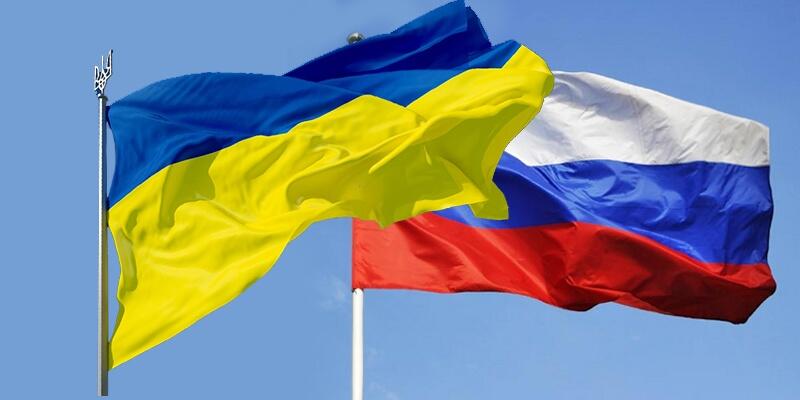 RUSSIA AND UKRAINE’S NEW RELATIONS: EVOLUTION THROUGH CONFRONTATION - 25.06.2024
RUSSIA AND UKRAINE’S NEW RELATIONS: EVOLUTION THROUGH CONFRONTATION - 25.06.2024
Jakub KOREJBA 25.06.2024 -
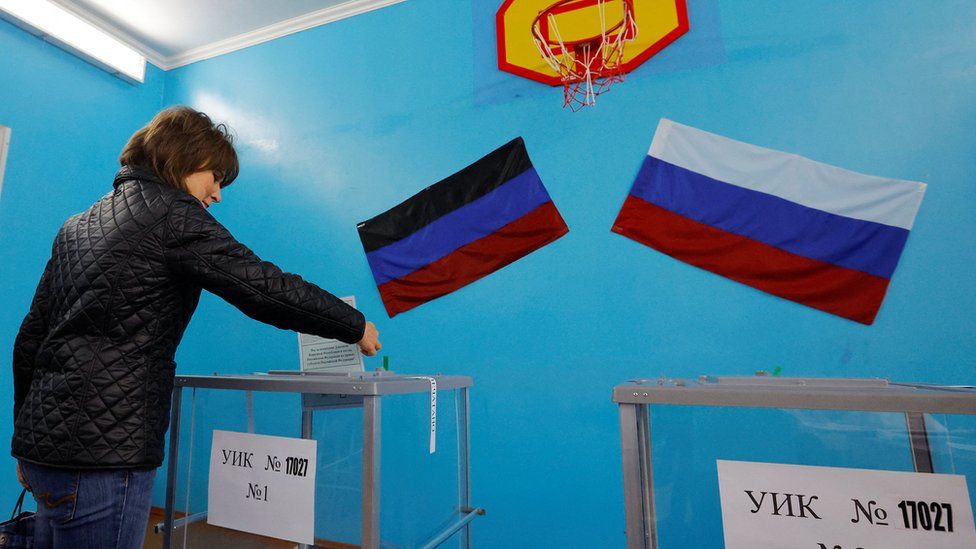 REFERENDUMS - A GAME CHANGER BETWEEN RUSSIA AND UKRAINE - 11.10.2022
REFERENDUMS - A GAME CHANGER BETWEEN RUSSIA AND UKRAINE - 11.10.2022
Jakub KOREJBA 11.10.2022 -
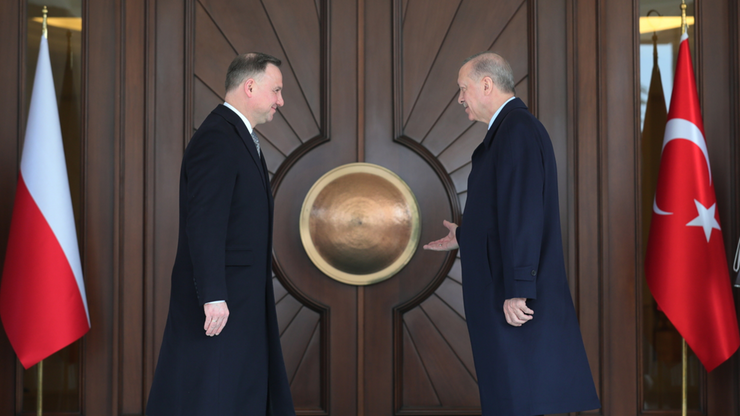 TÜRKİYE AND POLAND - A GEOPOLITICAL COMEBACK? - 17.10.2022
TÜRKİYE AND POLAND - A GEOPOLITICAL COMEBACK? - 17.10.2022
Jakub KOREJBA 17.10.2022 -
 NATO-AZERBAIJAN: SUCCESSFUL PARTNERSHIP FOR TURBULENT TIMES - 28.11.2024
NATO-AZERBAIJAN: SUCCESSFUL PARTNERSHIP FOR TURBULENT TIMES - 28.11.2024
Jakub KOREJBA 02.12.2024 -
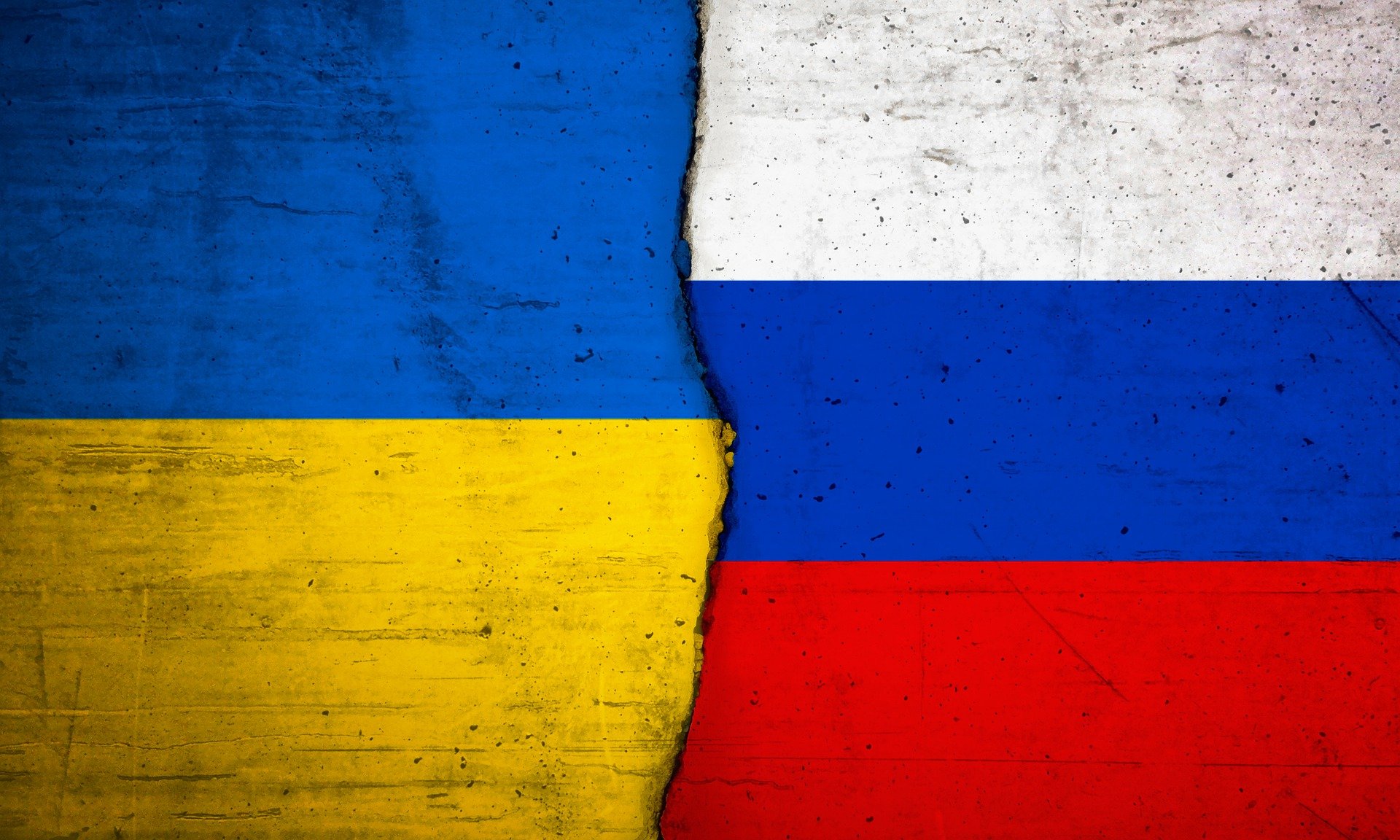 A ‘BLINK’ MOMENT OF THE RUSSIA-UKRAINE WAR - 15.10.2025
A ‘BLINK’ MOMENT OF THE RUSSIA-UKRAINE WAR - 15.10.2025
Jakub KOREJBA 15.10.2025
-
 THREE EDGES OF EURASIA - 21.09.2022
THREE EDGES OF EURASIA - 21.09.2022
Jakub KOREJBA 21.09.2022 -
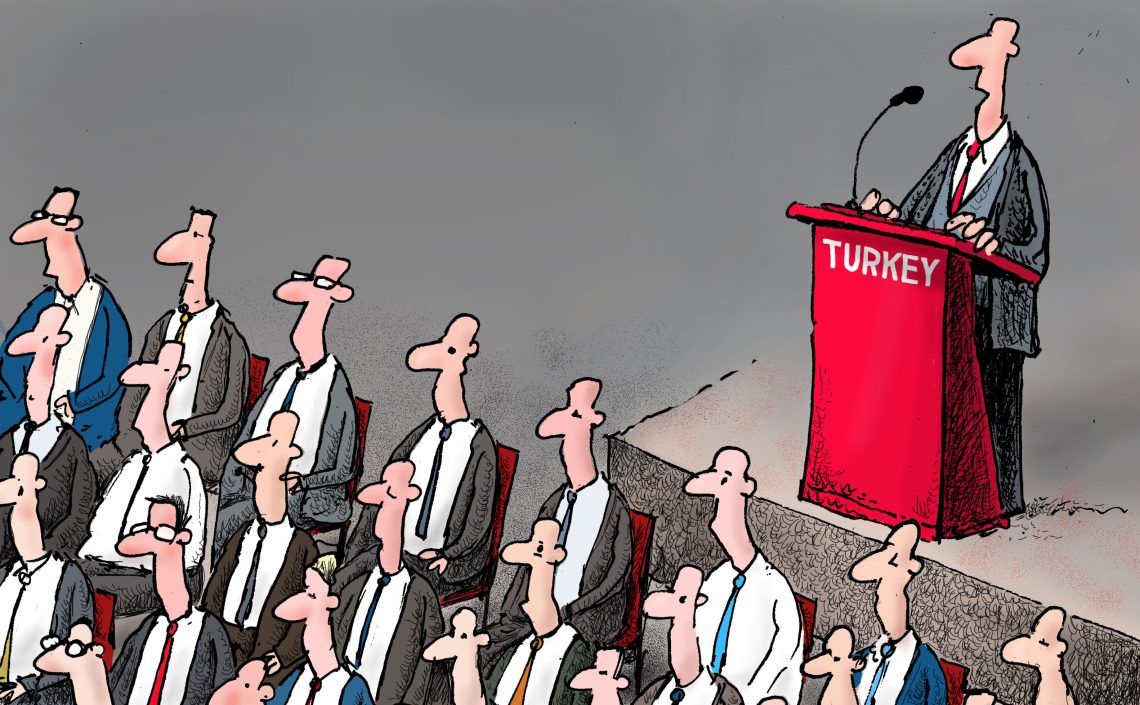 THE RISKS OF IGNORING TURKEY - GIS - 13.12.2022
THE RISKS OF IGNORING TURKEY - GIS - 13.12.2022
Prince Michael of Liechtenstein 16.12.2022 -
SIRBİSTAN’DA BULUNAN TOPLU MEZAR ÜZERİNE
Erhan TÜRBEDAR 13.05.2010 -
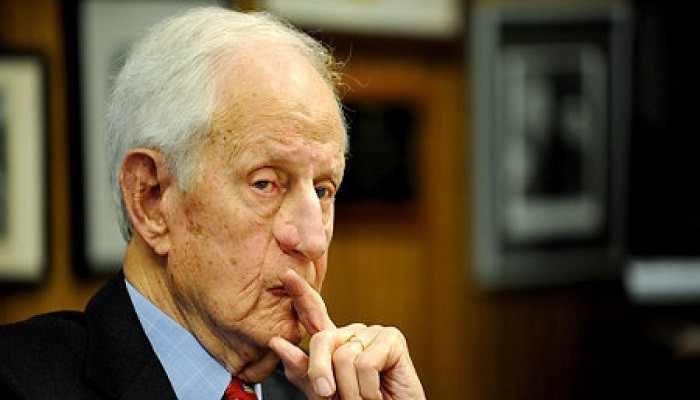 OPEN LETTER TO WALL STREET JOURNAL TO CORRECT MORGENTHAU FALSEHOODS ABOUT ARMENIAN CLAIMS - 09.02.2018
OPEN LETTER TO WALL STREET JOURNAL TO CORRECT MORGENTHAU FALSEHOODS ABOUT ARMENIAN CLAIMS - 09.02.2018
TASC 06.03.2018 -
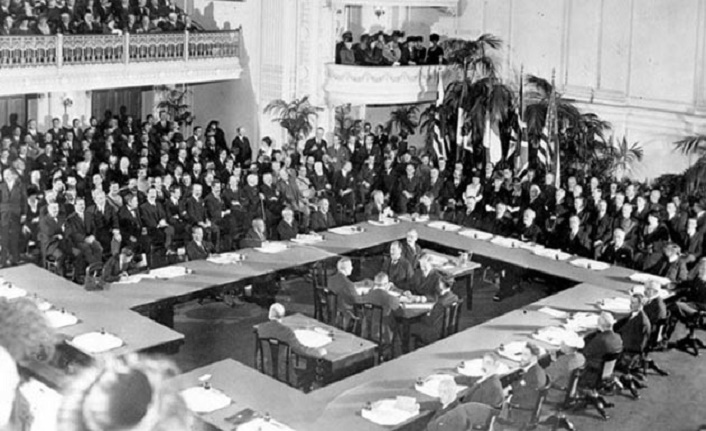 1919 PARİS BARIŞ KONFERANSI VE ERMENİLER: BÜYÜK DEVLETLERİN İPİYLE KUYUYA İNİLİR Mİ? - 21.06.2021
1919 PARİS BARIŞ KONFERANSI VE ERMENİLER: BÜYÜK DEVLETLERİN İPİYLE KUYUYA İNİLİR Mİ? - 21.06.2021
Şakir FAKILI 28.06.2021


